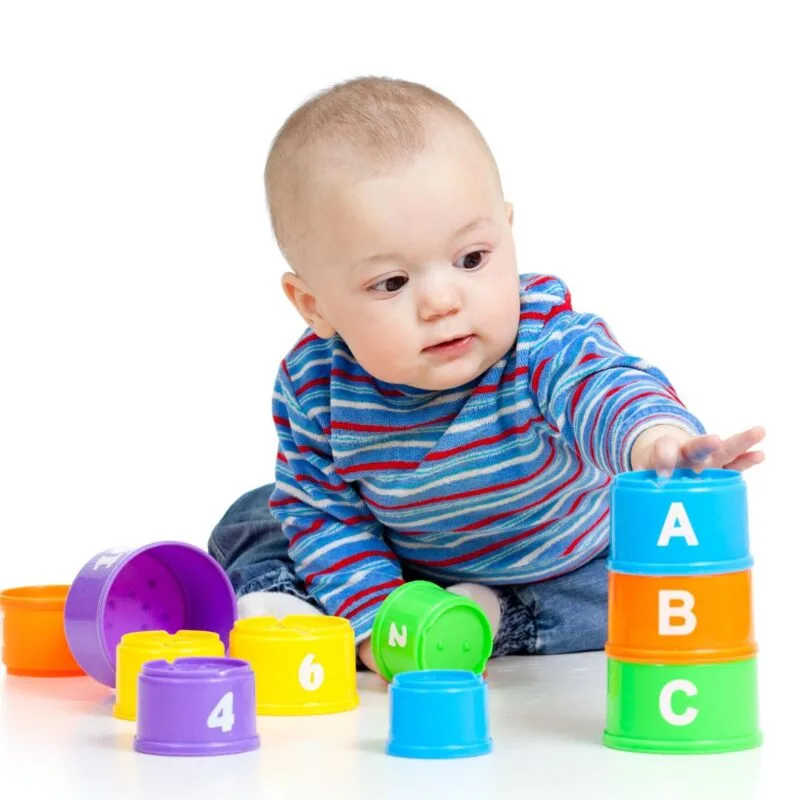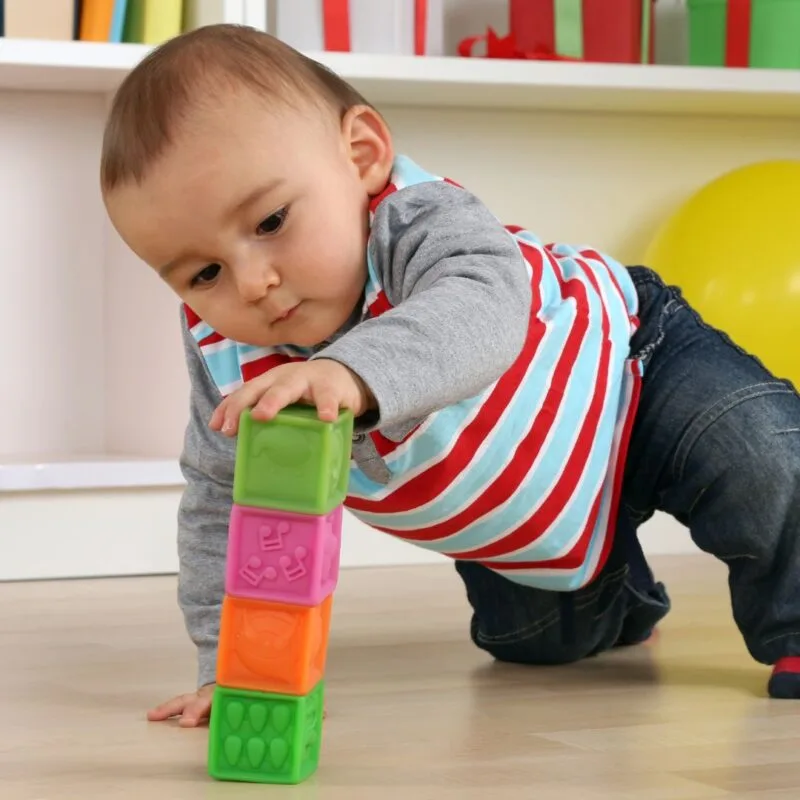Uncategorized
Why Do Toddlers Throw Things? Understanding This Common Behavior
If you’ve ever watched your toddler gleefully toss their sippy cup to the floor for the tenth time in a row, you’re not alone. Throwing things is one of the most common (and frustrating!) behaviors toddlers display — but it’s also completely normal and even important for development.
1. Exploring Cause and Effect
Toddlers are tiny scientists. When they throw something, they’re learning how the world works: “If I drop my spoon, it hits the floor. If I drop it again, Mom picks it up.” This helps them understand cause and effect, an essential part of cognitive development.
2. Developing Motor Skills
Throwing objects may seem like mischief, but it actually plays an important role in your toddler’s physical development. When toddlers throw, they’re practicing and refining their hand-eye coordination, which is essential for many everyday tasks like feeding themselves, catching a ball, or even writing later on. The act of throwing also helps to build and strengthen the muscles in their arms, shoulders, and hands — all crucial for gross and fine motor skills. Much like crawling, walking, and climbing, throwing is a natural developmental milestone that supports overall physical growth and coordination.






3. Testing Boundaries
Sometimes, your toddler is simply testing rules and your reaction. “What happens if I throw this? Will Mom laugh? Will she be upset?” This helps them learn social cues and boundaries (with your guidance).
4. Expressing Emotions
Toddlers don’t yet have the words to express big feelings like frustration, excitement, or boredom. Their emotional world is growing faster than their vocabulary, which can lead to overwhelming moments. Throwing might be their way of saying, “I’m done with this!”, “I’m upset!”, or “Please pay attention to me!” In many cases, it’s less about the object being thrown and more about the emotion behind it. They’re using action to communicate what they can’t yet say with words. As parents or caregivers, recognising these cues helps us respond with empathy and gently guide them toward healthier ways to express their emotions.
🐝 Helpful Tips for Parents:
- Stay calm and consistent when responding to thrown objects.
- Offer alternatives like soft toys or a ball they can throw.
- Narrate their emotions: “I see you’re frustrated. Let’s take a break.”
- Encourage words and choices: “Do you want more or are you done?”
Read more: https://www.babycenter.com/toddler/behavior/throwing_1200989
Remember — while it may test your patience now, this phase won’t last forever. With gentle guidance, your little one will learn more appropriate ways to express themselves.

